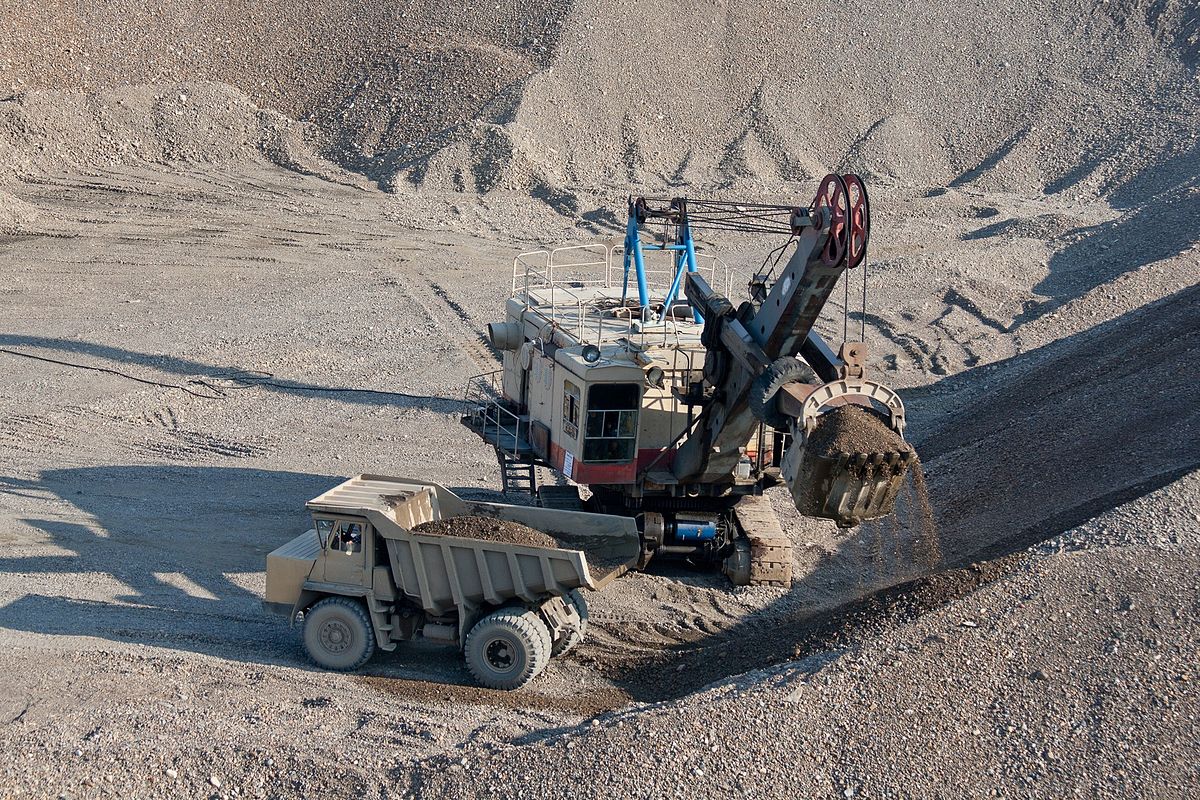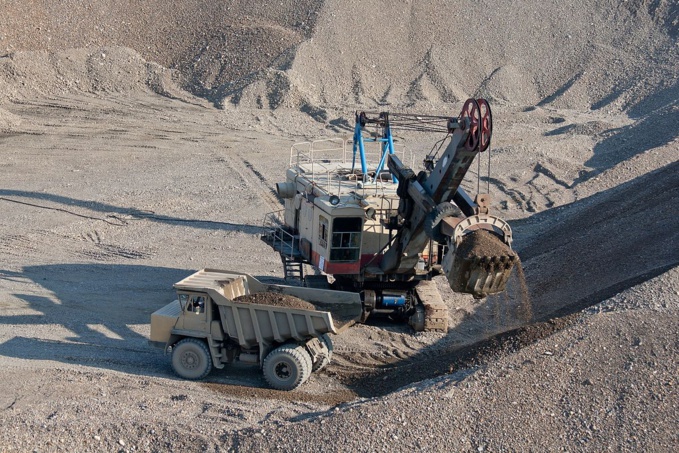The notable environmental, social and geopolitical risks associated with a surge in demand for the minerals needed for the energy transition were discussed at the UN back in the late twentieth century - but the IEA experts assure that their report is by far the "most comprehensive" and "unique" to date.
For example, a scenario consistent with the goals of the Paris climate agreement would lead to a fourfold increase in the demand for minerals for clean energy technologies by 2040, and zeroing out CO2 emissions by 2050 would require six times as many minerals as today.
Electric cars and batteries are the main source of demand growth, with lithium (40 times), graphite, cobalt and nickel (around 20-25 times) growing the fastest. The IEA sees inadequate supply of minerals and five major risks to supply disruption and price hikes: high geographic concentration of mining and processing; long project execution times (16.5 on average from exploration to production, the IEA says); resource depletion; rising social and environmental requirements for companies; and high climate risks associated with extracting raw materials for the new energy model.
However, the IEA believes that such risks are manageable, and resource suppliers and consumers will be able to negotiate both uninterrupted supply and reduce the corruption and environmental impact of the commodity boom in developing countries, partly offset by an increase in metal processing. Sometimes one country can be responsible for half of the production of specific minerals - for example, Congo and PRC account for 70% and 60% of global cobalt and rare earth metals production in 2019.
source: un.org
For example, a scenario consistent with the goals of the Paris climate agreement would lead to a fourfold increase in the demand for minerals for clean energy technologies by 2040, and zeroing out CO2 emissions by 2050 would require six times as many minerals as today.
Electric cars and batteries are the main source of demand growth, with lithium (40 times), graphite, cobalt and nickel (around 20-25 times) growing the fastest. The IEA sees inadequate supply of minerals and five major risks to supply disruption and price hikes: high geographic concentration of mining and processing; long project execution times (16.5 on average from exploration to production, the IEA says); resource depletion; rising social and environmental requirements for companies; and high climate risks associated with extracting raw materials for the new energy model.
However, the IEA believes that such risks are manageable, and resource suppliers and consumers will be able to negotiate both uninterrupted supply and reduce the corruption and environmental impact of the commodity boom in developing countries, partly offset by an increase in metal processing. Sometimes one country can be responsible for half of the production of specific minerals - for example, Congo and PRC account for 70% and 60% of global cobalt and rare earth metals production in 2019.
source: un.org



















